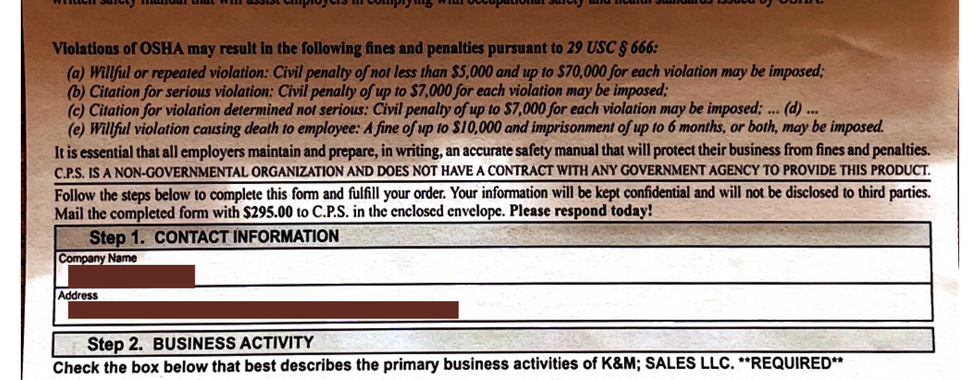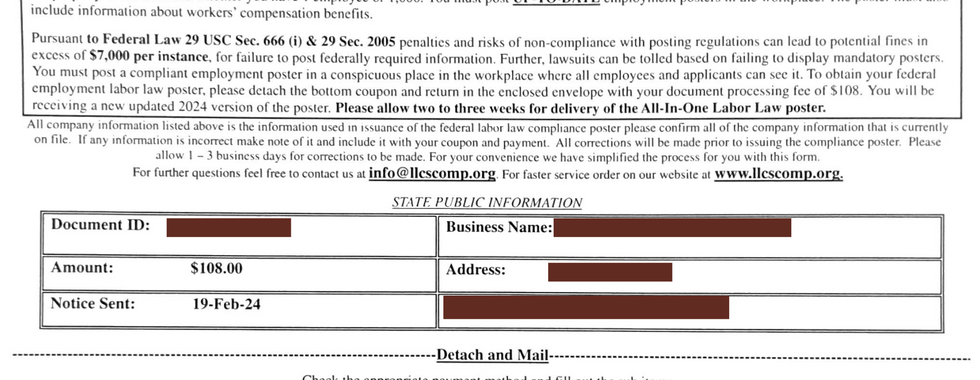In the digital age, businesses are not only battling competition and market challenges but also the constant threat of scams. Scammers have become more sophisticated, often masquerading as government officials from the Department of Revenue or Secretary of State, making illegitimate demands for payments or offering services that don’t apply to your business. Recognizing these fraudulent communications is crucial for protecting your assets and maintaining the integrity of your operations. Here's how you can identify scam letters and calls, and safeguard your business from these threats.









